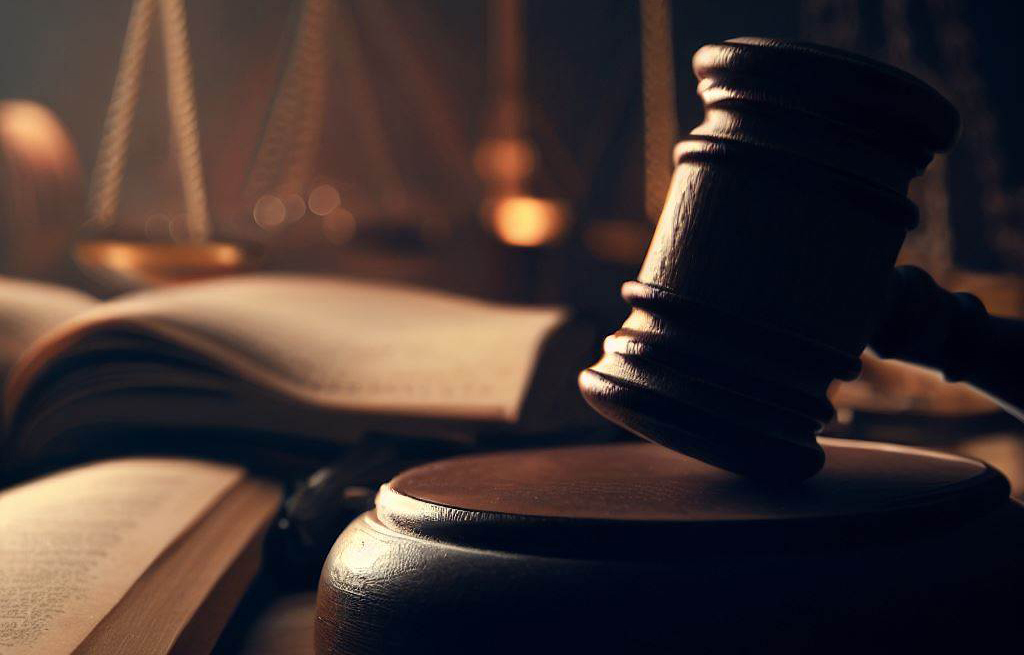
Define decree and analyse its essential elements. When a decree is called final?
Answer: In the context of the Code of Civil Procedure, 1908, a decree refers to the formal expression of an adjudication by the court that conclusively determines the rights of the parties in a civil suit. It is a decision or judgment rendered by the court after considering the evidence and arguments presented by the parties involved in the case. The decree sets out the rights and liabilities of the parties and forms the basis for the enforcement of those rights.
Analyzing the essential elements of a decree as per the Code of Civil Procedure, 1908, the following key components can be identified:
- Adjudication: A decree must involve the determination of the rights and liabilities of the parties by the court. It signifies the final decision of the court on the matter at hand.
- Expression: A decree is required to be expressed in writing, either in the form of a judgment or order, and should be signed and dated by the presiding judge.
- Conclusiveness: A decree is meant to be conclusive, meaning that it should provide a final resolution to the issues raised in the case. It puts an end to the litigation between the parties in relation to the subject matter of the suit.
- Rights and Liabilities: A decree should clearly state the rights and liabilities of the parties involved. It should specify the reliefs granted or denied, and the terms and conditions, if any, applicable to the parties.
- Formality: A decree should comply with the procedural requirements prescribed by the law. It should follow the necessary legal formalities and should be duly signed and dated by the judge.
Now, concerning when a decree is considered final as per the Code of Civil Procedure, 1908, Section 2(2) of the Code defines a decree as follows:
“Decree” means the formal expression of an adjudication which, so far as regards the Court expressing it, conclusively determines the rights of the parties with regard to all or any of the matters in controversy in the suit and may be either preliminary or final. It shall be deemed to include the rejection of a plaint and the determination of any question within Section 144, but shall not include–
(a) any adjudication from which an appeal lies as an appeal from an order, or
(b) any order of dismissal for default.
Based on this definition, a decree is called final when it conclusively determines the rights of the parties with regard to all the matters in controversy in the suit. It leaves no issue or aspect of the case undecided or pending further adjudication. A final decree effectively puts an end to the litigation, allowing the parties to enforce their rights or seek remedies, as provided by law.
Simplified explaination:
I’ll explain what a decree is and its essential elements in simpler terms,
Imagine you and your friend have a disagreement about something, and you both ask a wise person, let’s call them the judge, to help you decide who is right. The judge carefully listens to what both of you say and looks at any evidence you have. After thinking about it, the judge makes a decision. This decision is called a “decree.”
A decree is like a special piece of paper that the judge writes down to show what they decided. It has some important parts:
- The judge’s decision: This is the part where the judge says who is right and who is wrong. They think about all the things you and your friend said and make a choice.
- Writing it down: The judge writes down their decision on the special piece of paper, which is the decree. It’s important to write it down so that everyone can remember what the judge said.
- Making it final: A decree is like the last word on the matter. It’s like the judge saying, “This is the final decision, and there’s nothing more to argue about.” It settles the disagreement once and for all.
- What it says: The decree also explains what will happen next. It tells you and your friend what you have to do or not do based on the judge’s decision. It’s important to read and understand what the decree says because it affects both of you.
- Being official: A decree is an official document, so it has to be written and signed by the judge. That way, everyone knows that it’s a real decision from the judge.
Now, when a decree is called “final” is when it really, truly ends the disagreement. It means that the judge has decided everything they need to decide, and there’s nothing else left to discuss or argue about. Once the judge makes a final decree, it means the case is finished, and you and your friend have to follow what the decree says.
I hope that helps you understand what a decree is and when it’s called final!
